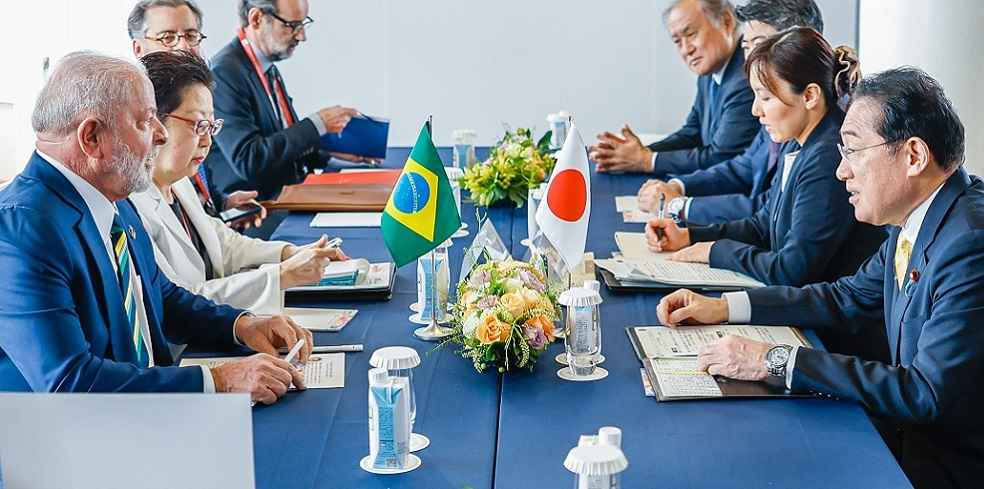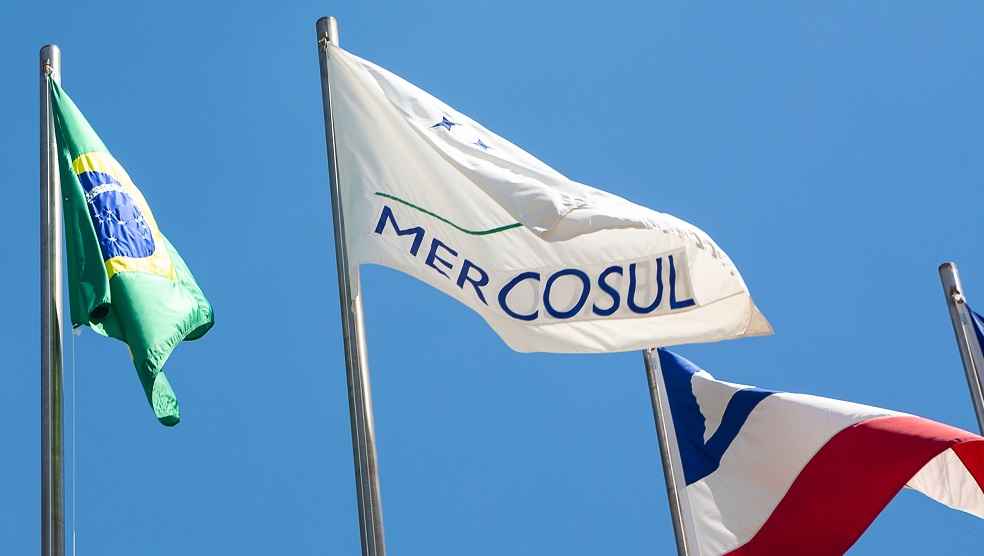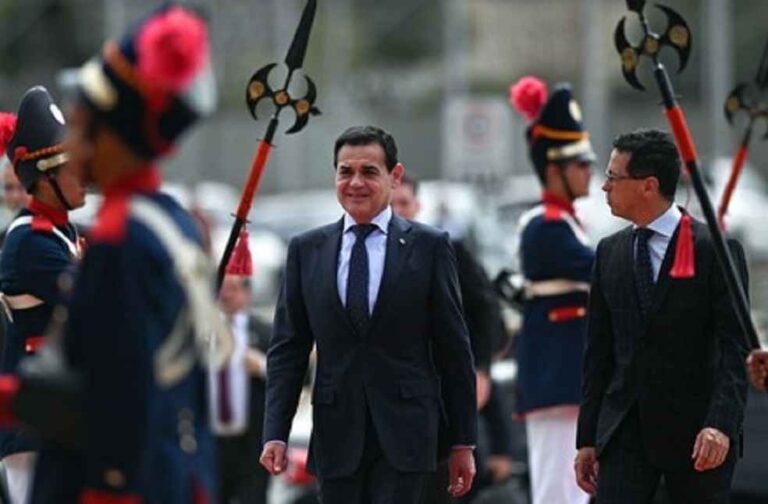Following a seven-year hiatus, Mercosur, Latin America’s leading trade consortium, and Japan are set to rekindle discussions next month, contemplating a landmark bilateral free trade agreement (FTA). Paraguay’s Foreign Minister Rubén Ramírez Lezcano heralds this development as a critical step toward enhancing trade relations and economic integration with Asia’s titan, Japan.
This initiative mirrors Mercosur’s (encompassing Argentina, Brazil, Paraguay, and Uruguay) ambition to broaden its trade horizon beyond traditional powerhouses like the United States, Europe, and China. Having secured an FTA with Singapore and engaged in negotiations with South Korea, the bloc eyes potential agreements with Indonesia, Malaysia, India, and Vietnam, underlining its strategic pivot towards Asia.
The re-engagement with Japan resonates with mutual strategic objectives. Mercosur’s quest for new markets finds a partner in Tokyo, keen on diversifying its food and raw materials sources. This mutual aspiration was evident in dialogues between Brazilian President Luiz Inacio Lula da Silva and Prime Minister Fumio Kishida, who stressed the importance of venturing into new negotiation realms.

For Japan, an FTA with Mercosur, representing a populace nearing 300 million, unveils vast economic prospects, notably in agriculture, potentially bolstering Japan’s food security amidst a global supply chain recalibration. Nonetheless, the journey towards an agreement anticipates obstacles, particularly regarding agricultural imports that could influence Japanese agriculture.
The envisaged FTA promises to turbocharge trade flows, lower tariff barriers, and cement transparent investment frameworks, fostering nearshoring initiatives to streamline production and circumvent logistical hurdles. The pact also aims to enhance collaboration across sustainable development, renewable energy, infrastructure, food security, and digitization.
Paraguay, spearheading large-scale regional infrastructure initiatives like the Bi-Oceanic railway corridor, sees this dialogue as a conduit for attracting Japanese technological prowess and investment. This engagement extends beyond financial collaboration to encompass capacity building and technology transfer, presenting Japanese entities with opportunities for expansive production in Paraguay, thereby accessing a substantial market.

Anticipated discussions also cover an investment treaty and a separate agreement to eliminate corporate double taxation, reinforcing Paraguay’s strategic position as a central hub in South America. This potential FTA could redefine Japanese companies’ regional production capabilities, ensuring seamless access to the Mercosur market.
Furthermore, this venture strengthens diplomatic and economic ties between Japan and Latin America against the backdrop of shifting geopolitical landscapes and Beijing’s expanding regional influence. Tokyo’s rejuvenated focus on Latin America, underscored by shared values, marks a strategic shift aimed at solidifying its global economic presence and championing international law norms.
LATEST NEWS | India-EFTA Deal: Swiss Watches, Chocolates to See Price Drop in India



